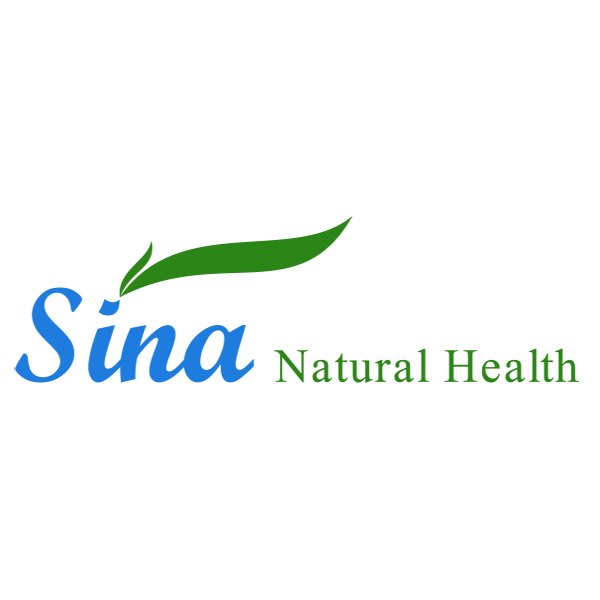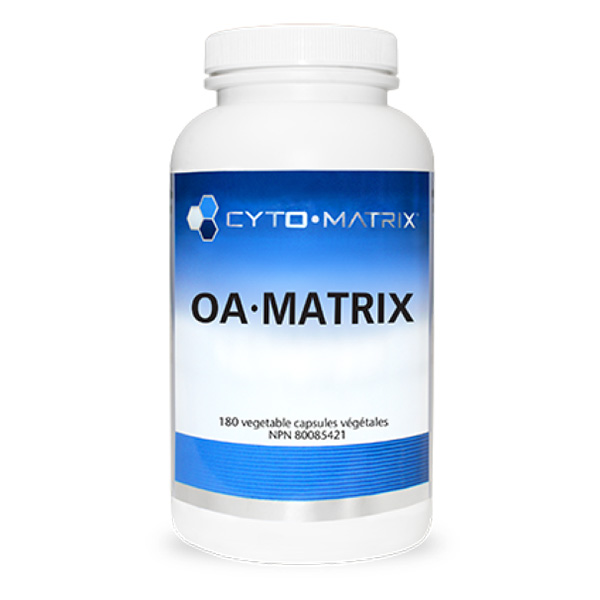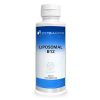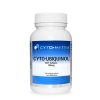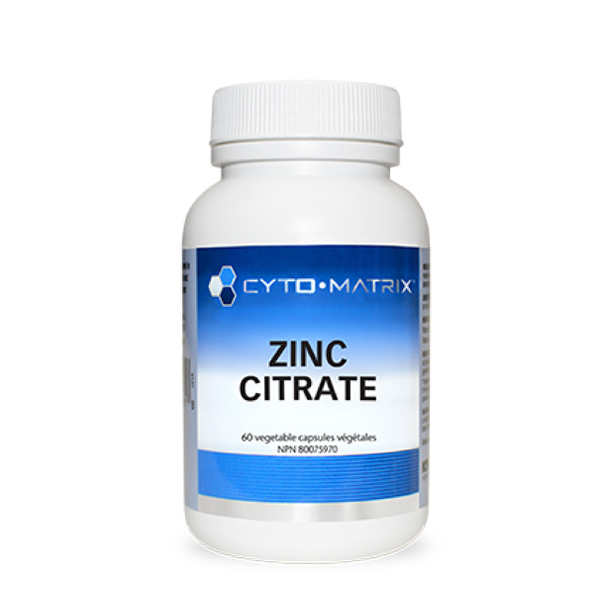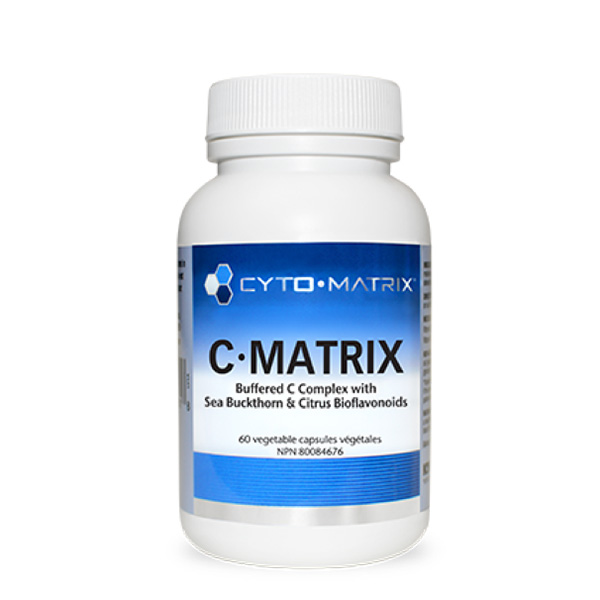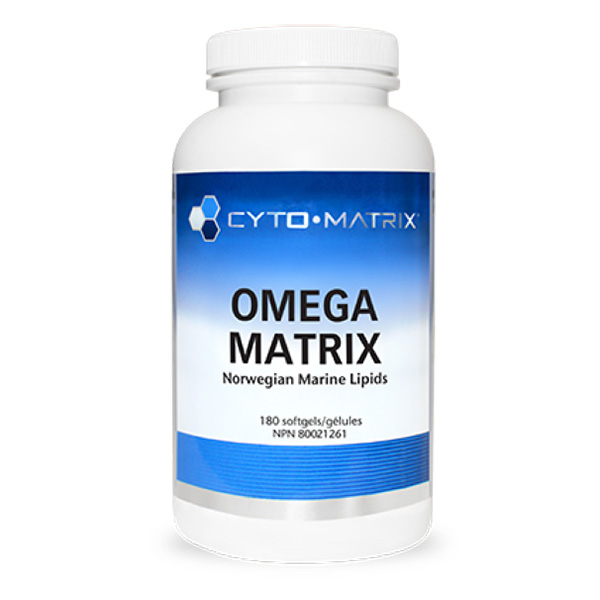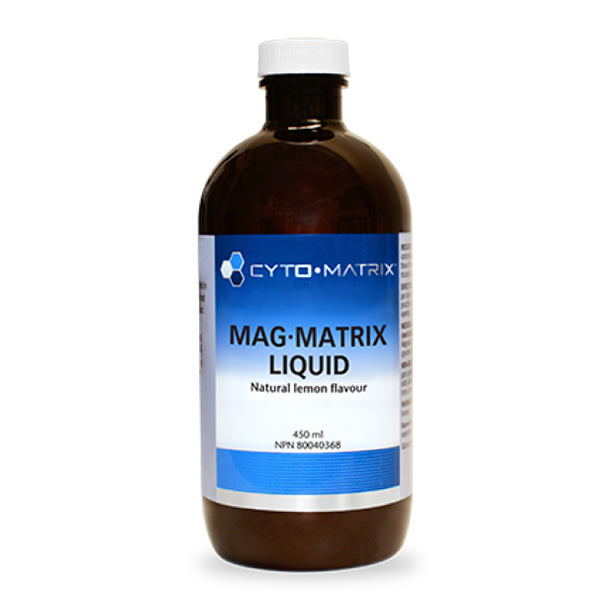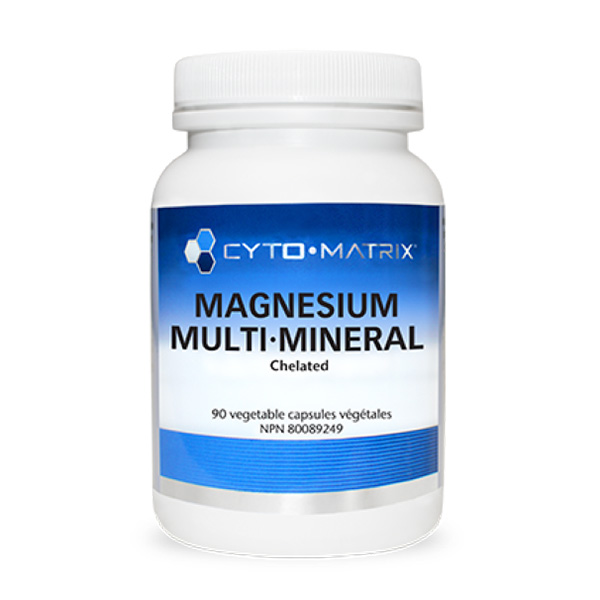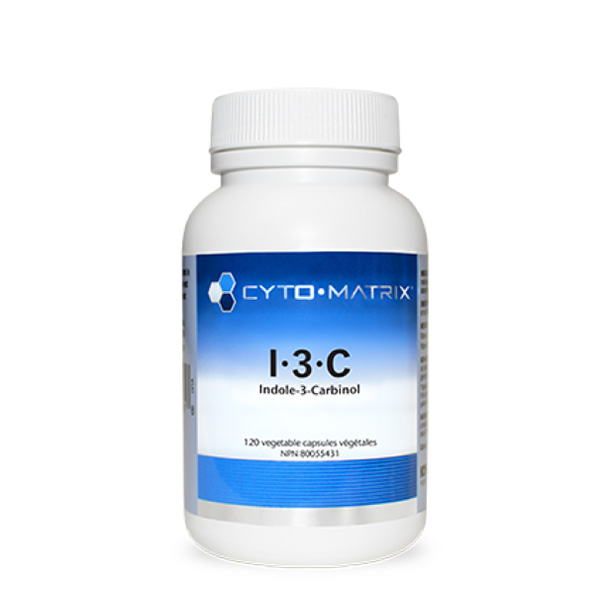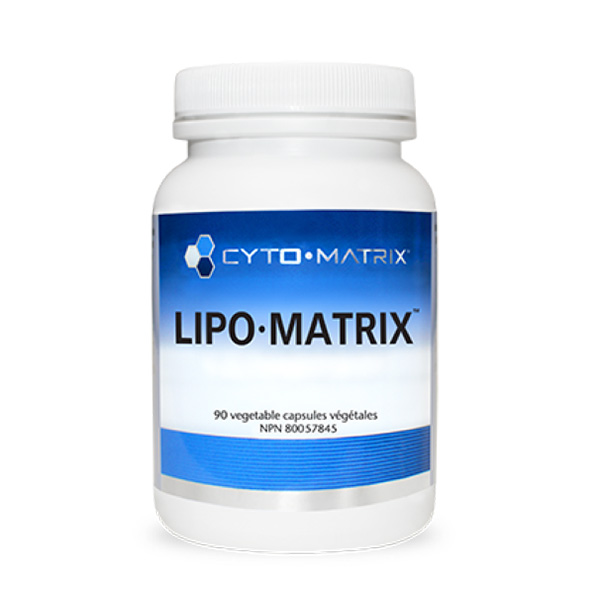CytoMatrix – OA Matrix 180SG

A highly-standardized blend of herbs and nutrients to support joint cartilage, reduce pain and stiffness, improve function and increase range of motion.
Note: As required by the manufacturer, to see the price and purchase CytoMatrix products you need to login/create an account first.
Osteoarthritis (OA) is the most common form of joint pain that becomes increasingly prevalent as we age, partially due to excess ‘wear and tear’ on the body. With a progressive erosion of joint cartilage and resultant inflammation, OA sufferers experience pain, less range of motion and increased stiffness, which can all severely impact their quality of life.
There are many natural agents that can be used to improve outcomes with OA patients, but few have more research and years of clinical support than glucosamine, chondroitin and methylsulfonylmethane (MSM). These agents are all basic components of cartilage and synovial fluid, helping to provide shock absorption to the joint and decrease friction with movement. For example, glucosamine is produced naturally by chondrocytes and is necessary to make glycosaminoglycans, a core component of cartilage, and hyaluronic acid, a central component of synovial fluid. Glucosamine sulfate in particular, is shown to stimulate the anabolic process of cartilage metabolism and improve clinical outcomes more efficiently than glucosamine HCl.
While each of these nutrients has its own role in improving joint health and reducing symptomatic markers, combination therapies with these natural agents tend to provide better clinical and research outcomes when compared to monotherapy. In addition, many natural health supplements purported to improve joint health provide inadequate dosages to offer benefit, so it is important to ensure evidence-based daily intakes when evaluating products.
Although structural nutrients undoubtedly have a role in the management of OA, there are also powerful natural anti-inflammatory herbs such as Curcuma longa and Boswellia serrata that should be considered. In both cases, multiple human clinical trials have confirmed that these herbs can benefit individuals with OA and rheumatoid arthritis.
Curcuma longa contains active ingredients known as curcuminoids, which have been shown to inhibit NFKappa B and TNF-alpha under chronic inflammatory conditions. Research trials have shown that curcuminoids can decrease the need for pain-killing medications such as acetaminophen and non-steroidal anti-inflammatory drugs (NSAIDs) in OA sufferers, and also decrease post-exercise muscle soreness. In addition to its antiinflammatory action on NF-Kappa B and TNF-alpha, curcuminoids have been found to inhibit matrix metalloproteinase-3, an enzyme known to degrade cartilage. This means that it is not only improving symptoms, but protecting the joints from further damage.
Boswellia’s clinical benefits for OA appear to stem from its boswellic acid content and its ability to inhibit not only matrix metalloproteinase-3 but also 5-lipoxygenase (5-LOX). Standardized boswellia extracts have found that the herb can decrease pain, reduce swelling and increase range of motion. One trial found that boswellia was as effective as the NSAID medication valdecoxib for the relief of OA symptoms.
OA.Matrix contains a blend of these 5 evidence-based nutrients and herbs to decrease symptoms in OA sufferers, protect the joint from further damage and decrease the need for anti-inflammatory pharmaceutical medications. OA.Matrix provides evidence-based doses and standardized extracts for superior clinical outcomes in your patients with joint pain and cartilage degradation.
| Ingredient | Amount |
|---|---|
| Glucosamine sulfate | 250mg |
| Chondroitin sulfate (bovine) | 135mg |
| Methylsulfonylmethane (MSM) | 200mg |
| Boswellia extract (resin, boswellia serrata, Boswellin’ PS) 6:1, 35% boswellic acids* | 80mg |
| Curcumin (rhizome, curcuma longa, Curcumin C3 Complex’)* | 125mg |
| *Boswellin’ PS and Curcumin C3 Complex’ are registered trademarks of Sabinsa Corp. |
Unit of Measure above:
Each capsule
Non-Medicinal Ingredients:
Vegetable-grade magnesium stearate. Capsule: hypromellose.
Directions: Adults – Take 3 capsules, 2 times per day with food or as directed by a healthcare professional.
Indications: Helps to relieve joint pain associated with osteoarthritis.
Warnings: Do not use if safety seal is broken. Consult a healthcare professional prior to use, especially if you are pregnant, breastfeeding, or taking antiplatelet medication or blood thinners or if you have stomach ulcers, excess stomach acid, gallstones or a bile duct obstruction. Consult a healthcare professional if symptoms worsen.
Known Adverse Reactions: Hypersensitivity (e.g. allergy) has been known to occur and some people may experience mild gastrointestinal disturbances such as diarrhoea, abdominal pain, heartburn, nausea and vomiting; in which case, discontinue use.
DISCLAIMER: While we do our best to keep the information on our website up to date, some product’s packaging or description may not match the manufacturer’s listing. As such, we always recommend that you read labels, directions for use, and warnings of the purchased products though the manufacture’s website and not rely solely on the information provided here.
| Weight | 0.1 kg |
|---|
Brand
Cyto-Matrix
Cyto-Matrix is a professional natural health products company comprised of key associates having decades of experience in the health care industry. Expertise in product development, scientific analysis, continuing health education for professionals and patient education will be evident in all our activities focused on the health care practitioner.
NOTE: To see prices and purchase Cyto-Matrix products you must Create an Account/Login
